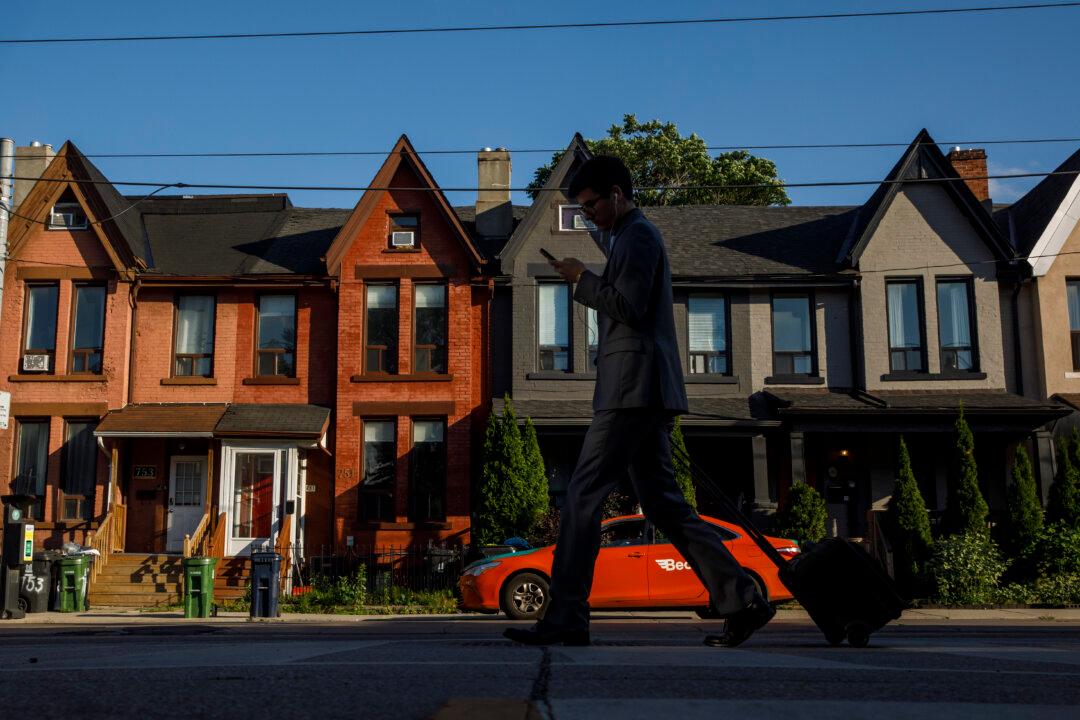As Canadian cities begin budget discussions, some are considering property tax increases as a potential means to address budget deficits, rising operational costs, and aging infrastructure needs.
Toronto implemented its largest property tax increase in 25 years last February, raising rates by 9.5 percent, while Vancouver property taxes jumped 7.5 percent this year, which was still less than the 10.7 percent hike the previous year.





